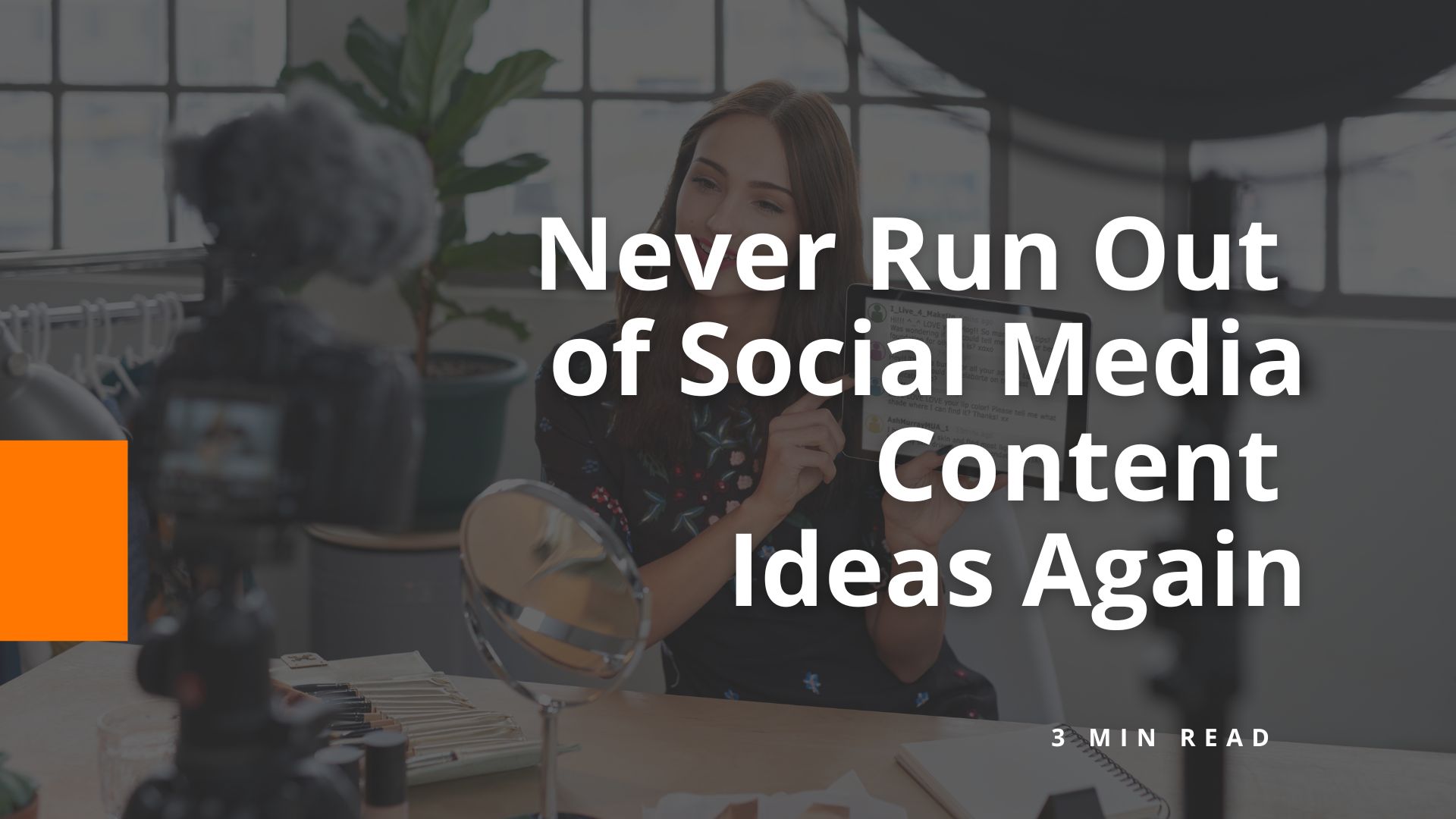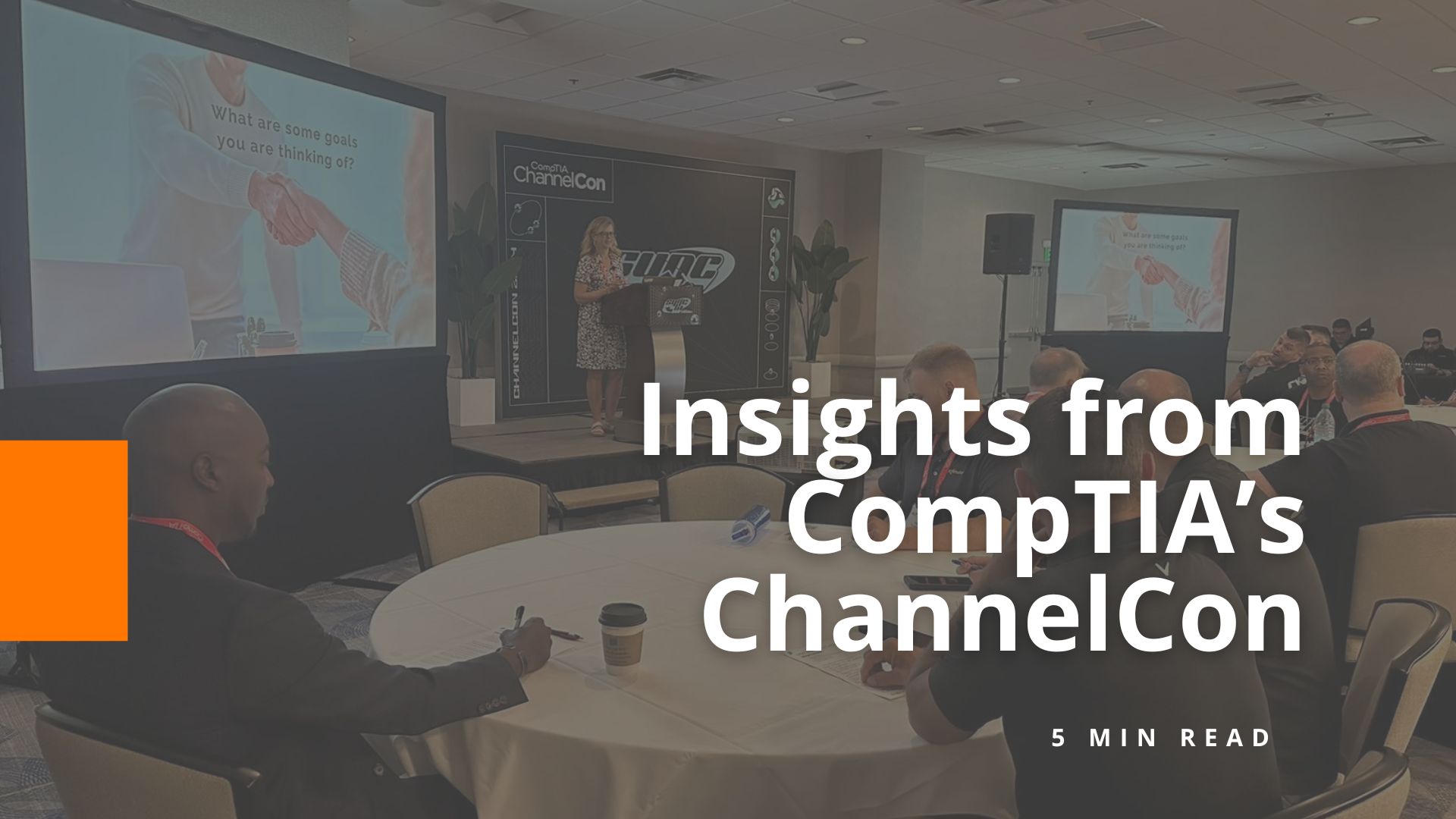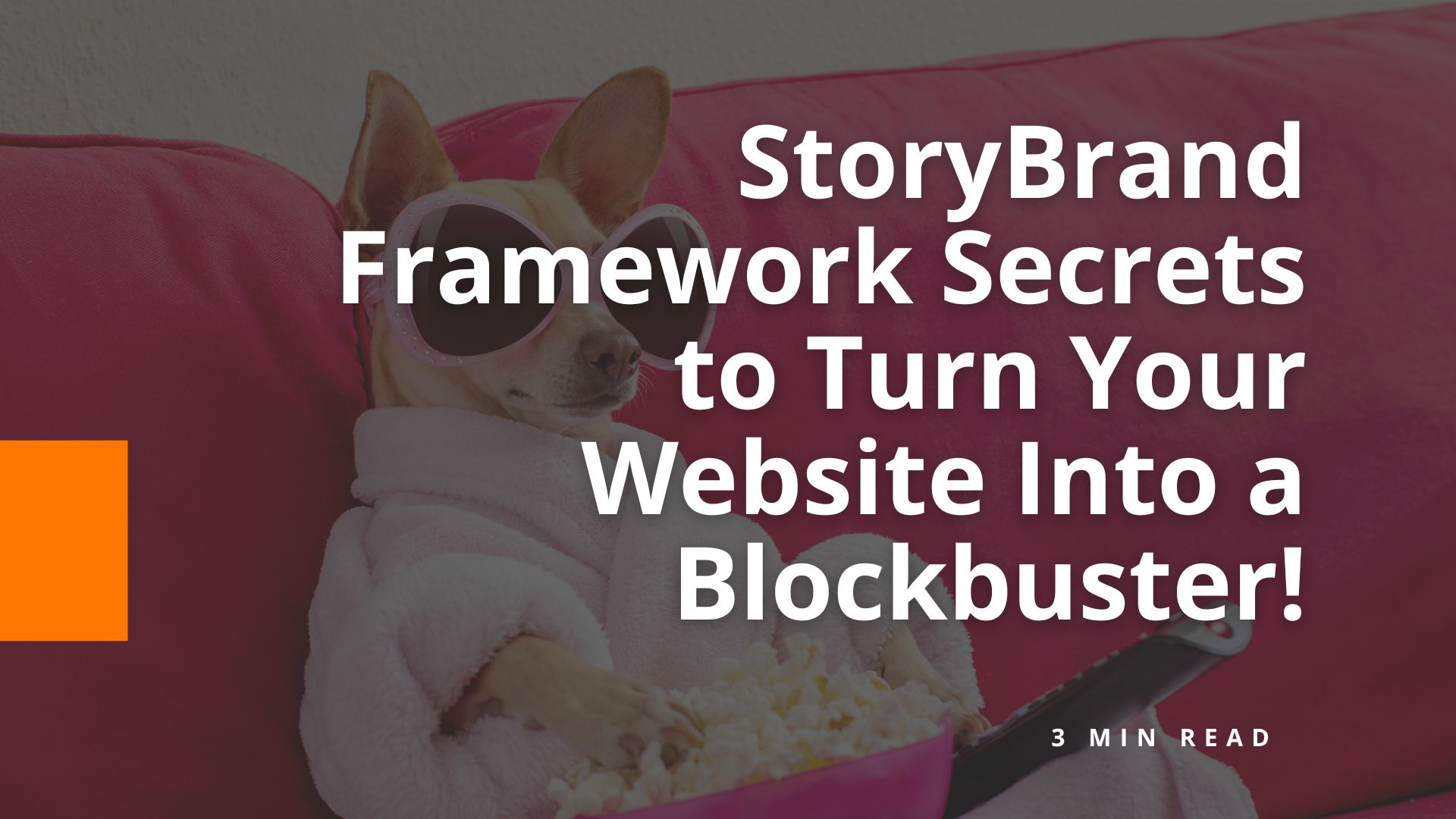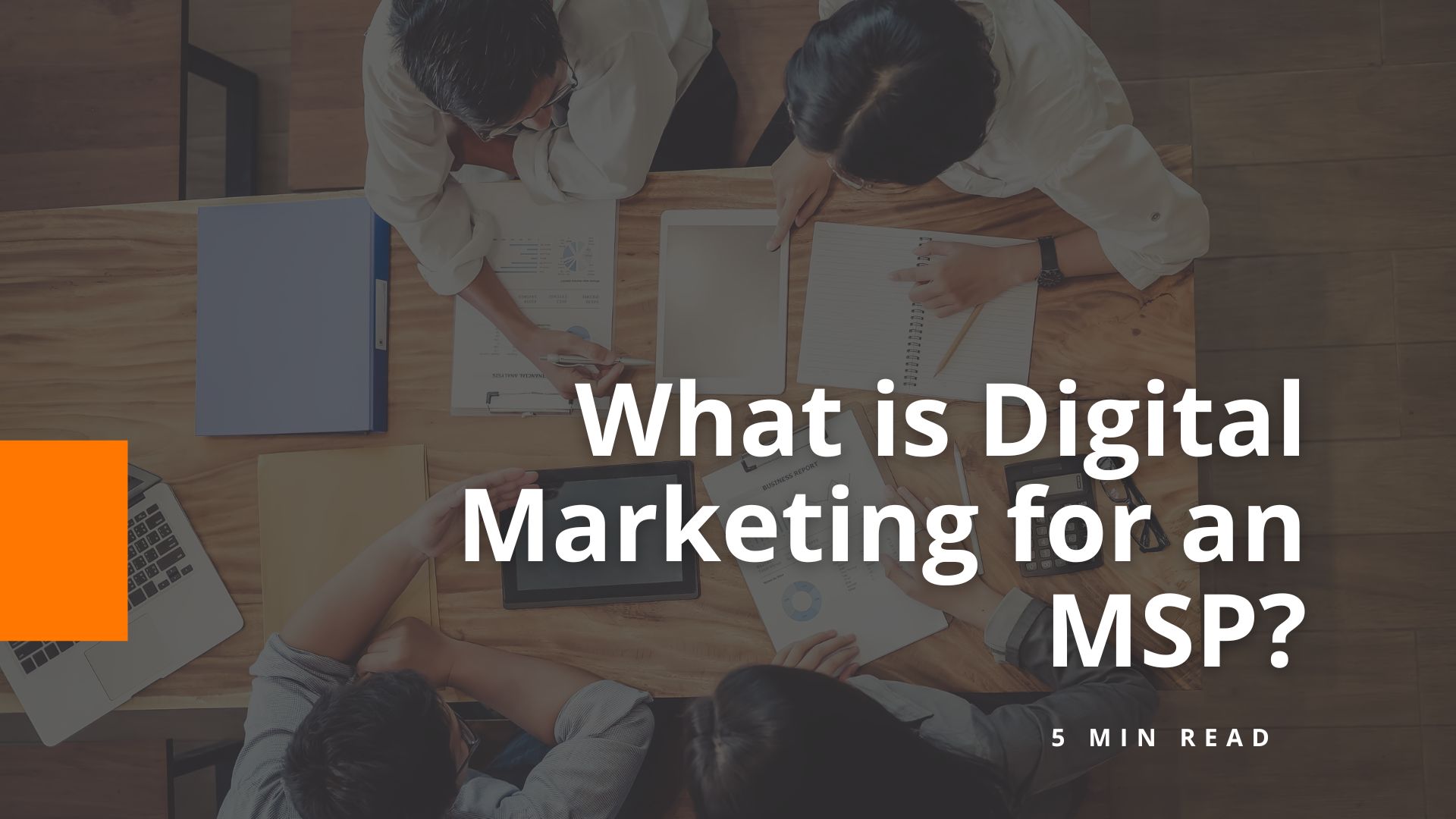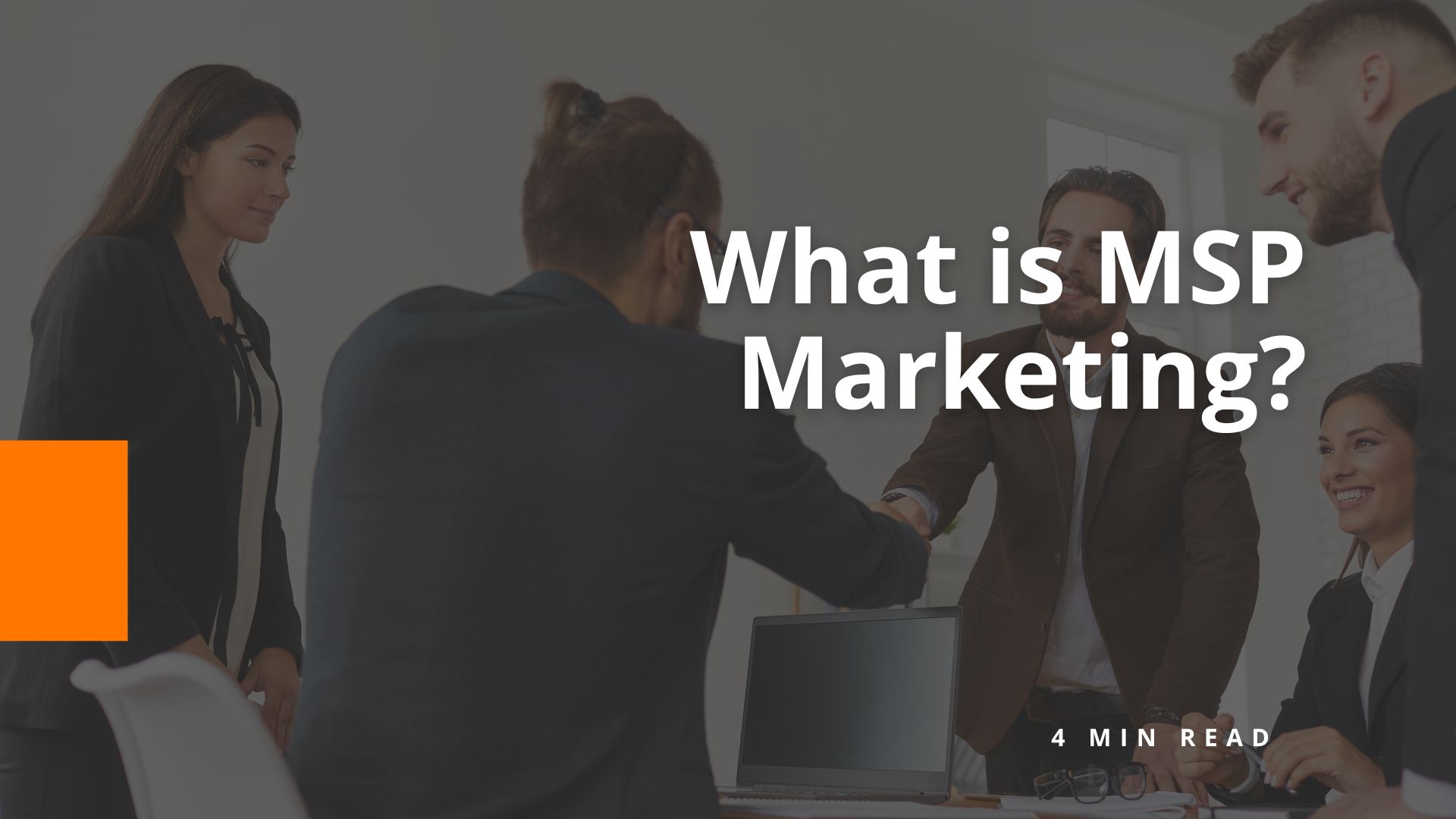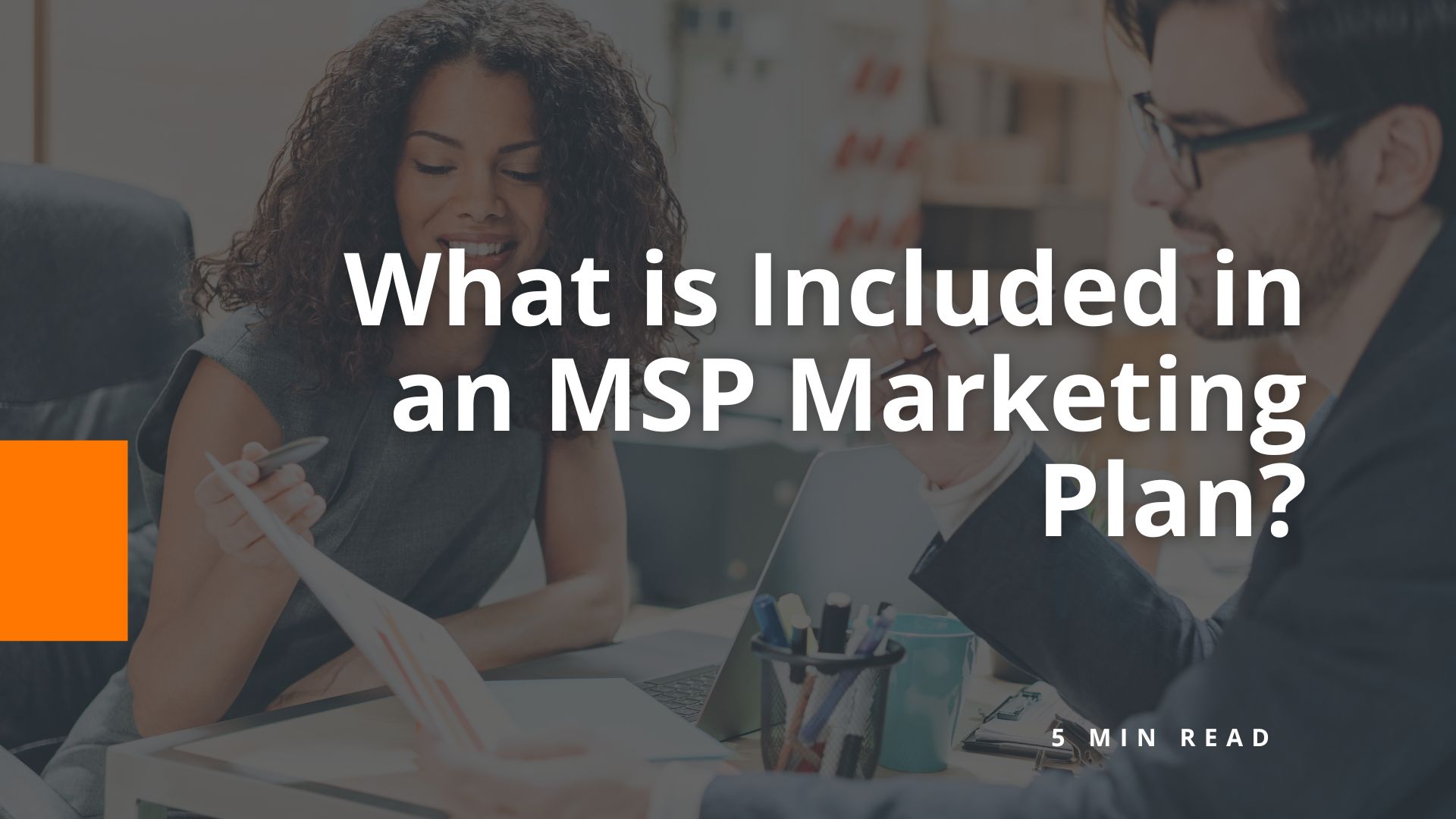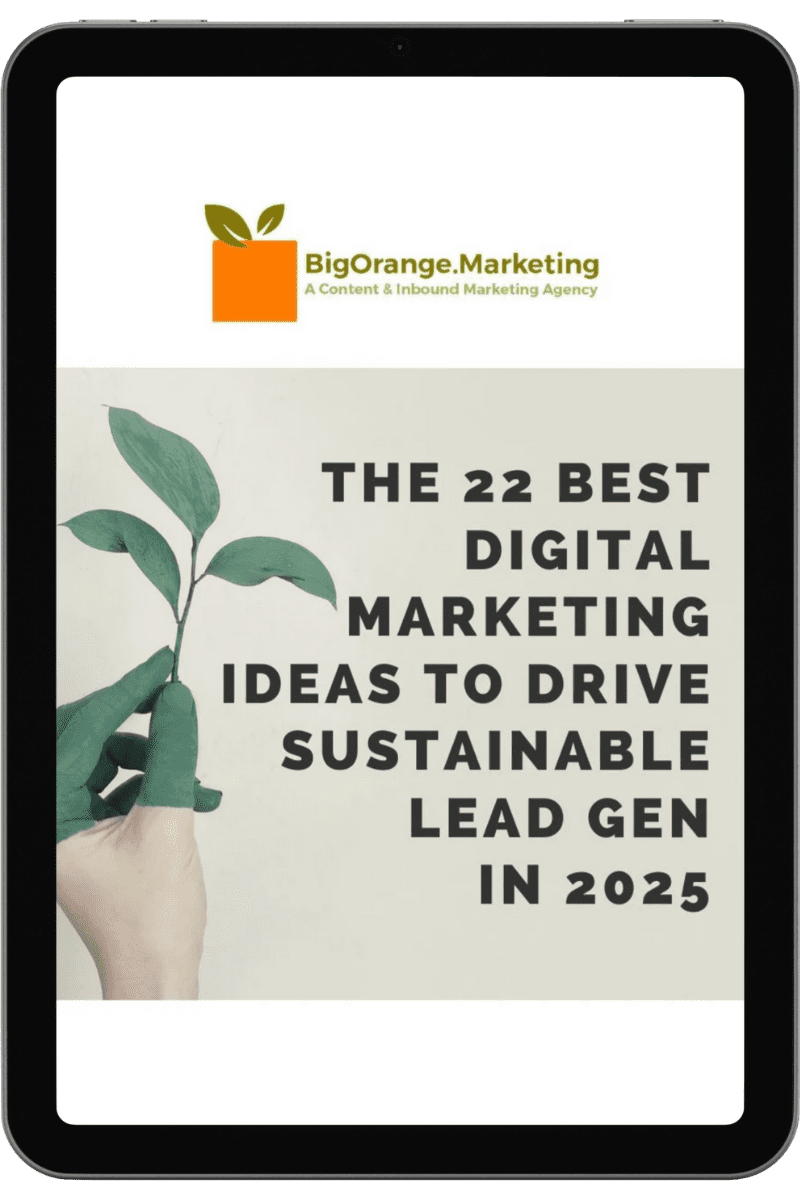How Long Does an Inbound Marketing Campaign Take to Work?
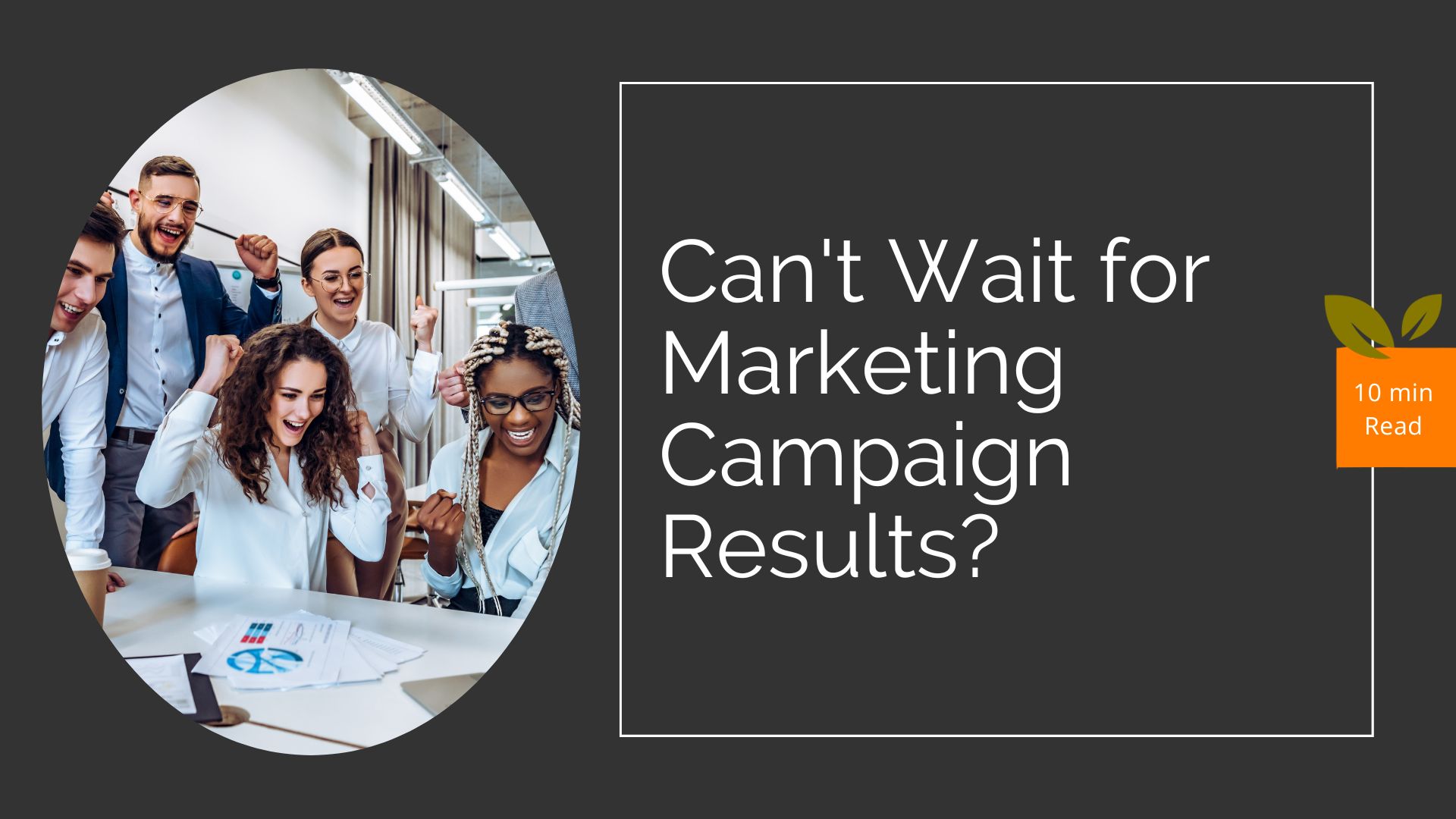
We've all heard it before in the inbound and digital marketing community: "Inbound marketing takes time to get results." It's a statement that's both true and slightly frustrating when you're eager to see the fruits of your labor. But just how long does it really take for an inbound marketing campaign to work? At BigOrange Marketing, we're here to give you a realistic breakdown.
Discovery and Setting Goals (2 Weeks)
The first phase in launching a successful inbound marketing campaign is the discovery and goal-setting stage. In this stage, you define your objectives, identify your target audience and establish key performance indicators (KPIs). Depending on the complexity of your business and your campaign, this phase typically takes around two weeks.
During this time, you'll delve into market research, competitive analysis and audience personas. You need to understand who you're trying to reach, what their pain points are and how your product or service can provide a solution. This foundational work is crucial, as it sets the stage for all your future marketing efforts.
Strategy (2 Weeks)
Once you've laid the groundwork, the next step is to develop your inbound marketing strategy. In this phase, you'll outline your content strategy, SEO plan, social media strategy, email marketing strategy and any other tactics that align with your goals. Again, this typically takes around two weeks.
Your strategy is your roadmap. It ensures that every piece of content you create, every email you send and every social media post you publish serves a purpose in driving your campaign forward. Your strategy should be flexible enough to adapt to changes but structured enough to keep your efforts focused.
Launch (3+ Months)
Now comes the most anticipated phase: the launch. Here’s where you start to see your inbound marketing campaign take shape and, more importantly, generate results. However, it's important to note that this phase is not an overnight process. It typically spans three to six months, with the timeline varying based on your specific goals and industry metrics.
- Website development (3+ months): If you're launching a new website or undergoing a major redesign, this alone can take three months or more. Your website is the cornerstone of your inbound strategy, and it needs to be user-friendly, SEO-optimized and designed to convert visitors into leads.
- Landing pages (1-2 months): As part of your StoryBrand website, you'll create landing pages tailored to your various offers and campaigns. These pages are essential for capturing leads and nurturing them through the sales funnel. Plan for at least one to two months for landing page development.
- Ad campaigns (ongoing): Your paid advertising campaigns, whether on Google Ads, Facebook or other platforms, can begin as soon as your landing pages are ready. These campaigns can start generating leads relatively quickly, but optimizing them for maximum ROI may take a few months.
- Social media (ongoing): Building a robust social media presence and growing your audience takes time. You'll start seeing engagement and lead generation from social media within the first few months, but significant growth and brand authority can take longer.
It's essential to approach this phase with patience and a commitment to quality. Rushing can lead to subpar results, but a well-executed launch can set the stage for long-term success.
Case Studies: Success Stories and Timelines
You might be thinking, "How does this timeline play out in real life ?" These three client examples show a clear picture of how long an inbound marketing campaign can take to work.
Client 1: IT Services Company
Our first example involves an IT services company that was looking to revamp their online presence and generate more leads. As part of their ongoing marketing strategy, we launched an interactive, SEO-optimized website for them, which took approximately four months to complete.
Following the website launch, our ongoing marketing efforts, including the creation of conversion paths and downloadable resources, significantly increased user engagement. We've been working with this client since 2019, and by 2022, they were consistently experiencing double-digit average monthly qualified leads (MQL).
The statistics speak volumes: In 2021, they achieved a remarkable 152 percent return on investment (ROI), and as their sales team put it, they had "more leads than we can handle." Moreover, they secured first-page Google rankings for 337 keywords.
Client 2: IT Services Firm in Seattle
Our second example, another IT services firm, had concerns about their website's traffic and lead generation. We undertook a StoryBrand website refresh, implemented a robust SEO strategy and incorporated authentic imagery. Additionally, our ongoing efforts involved producing content from their thought leaders, building citations and running Google Ads campaigns.
The results were impressive, with an ROI exceeding 130 percent. Their website's performance on Google improved dramatically, securing first-page rankings for 143 key terms. They also witnessed a 60 percent increase in their contact database in just a year and tripled their leads generated through the website.
And, if you’re an MSP looking for ways to market your company, we’ve got a free downloadable MSP marketing resource just for you.
Client 3: Locally Owned Landscaping Firm
Our third success story involves a second-generation, Cincinnati-based landscaping firm eager to expand its business. BigOrange Marketing assumed responsibility for managing their content, social media presence and website updates.
The results were remarkable, with over 100 percent ROI for their marketing spend in 2019. Their CEO had high praise, stating that "Not only is BigOrange a good investment, they are my best investment."
The impact on sales was substantial, with a 30 percent increase in sales in the first half of 2020 compared to the previous year. This client's experience illustrates how a well-executed inbound marketing campaign can lead to significant returns and accelerated business growth in just six months.
Don't Let Content and Marketing Live in a Silo
While it's true that inbound marketing takes time, the investment is well worth it, as demonstrated by these success stories. However, it's essential to remember that content and marketing should not live in isolation.
To maximize the effectiveness of your inbound efforts, consider these strategies:
- Content consistency: Maintain a regular publishing schedule to keep your audience engaged and informed.
- Email marketing: Implement email campaigns to nurture leads and guide them through the sales funnel.
- Social media engagement: Actively engage with your audience on social platforms to build relationships and trust.
- Paid advertising: Use paid advertising strategically to complement your organic efforts.
- SEO optimization: Continuously optimize your content for search engines to improve visibility and traffic.
Things You Can Do to Move the Needle or Grow Right Away
While inbound marketing does take time to mature, there are actions you can take to expedite growth:
- Leverage paid advertising: Invest in targeted paid advertising campaigns to generate quick results while your organic efforts gain traction.
- Promote content: Actively promote your content through social media, email marketing and partnerships to expand your reach.
- Analyze and iterate: Regularly review your analytics to identify what's working and what isn't, allowing you to make data-driven adjustments.
Want Your Inbound Marketing Campaign to Work?
While inbound marketing does take time to show its full potential, the wait is well worth it. The timeline for seeing significant results can vary depending on several factors, including your industry, competition and the effectiveness of your strategy.
At BigOrange Marketing, we emphasize the importance of setting realistic expectations and staying committed to your inbound marketing journey. When you follow a structured approach and consistently deliver valuable content to your target audience, you'll start to see the impact of your efforts within a few months and reap the rewards over the long term.
Schedule a non-sales call with us today to see how you can optimize your marketing efforts.
Share the knowledge
Get Killer Social Media Content Ideas at Our Webinar
Ah, social media. It sucks us in, gives us a community and can bring your business more sales if you use it correctly. If not,…
Explore this TopicHow Our Manufacturing Client Used Organic Search to Drive Leads and Scored a $150k Deal
Yes, you read that right, our marketing strategy brought one of our manufacturing clients a $150k deal. What is even better is that this marketing…
Explore this TopicCompTIA’s ChannelCon Insights
Have you ever heard the saying “your vibe attracts your tribe”? Well, that saying rang true at CompTIA ChannelCon 2024. We learned much, but also…
Explore this TopicWhat Are MSP Websites?
MSP websites are websites dedicated to promoting managed service providers (MSPs), companies that offer a range of IT services. These websites typically provide information about…
Explore this TopicUnleash Your Inner Spielberg: StoryBrand Framework Secrets to Turn Your Website Into a Blockbuster!
Storytelling has been captivating audiences since humans first learned how to communicate. Stories hook us in and transport us to different worlds where we meet…
Explore this TopicWhat Is Digital Marketing for MSPs?
Digital marketing for MSPs includes tactics like content marketing, social media campaigns, email marketing and advertising. Effective digital marketing for an MSP usually demonstrates industry…
Explore this TopicWhat Is MSP Marketing?
Managed service providers (MSPs) play a pivotal role in the IT industry offering a range of services that help businesses manage their technology. That being…
Explore this TopicWhat Is Included in an MSP Marketing Plan?
A well-structured and creative marketing plan is crucial for managed service providers (MSPs) to stay on top of the competition in the ever-evolving industry of…
Explore this Topic